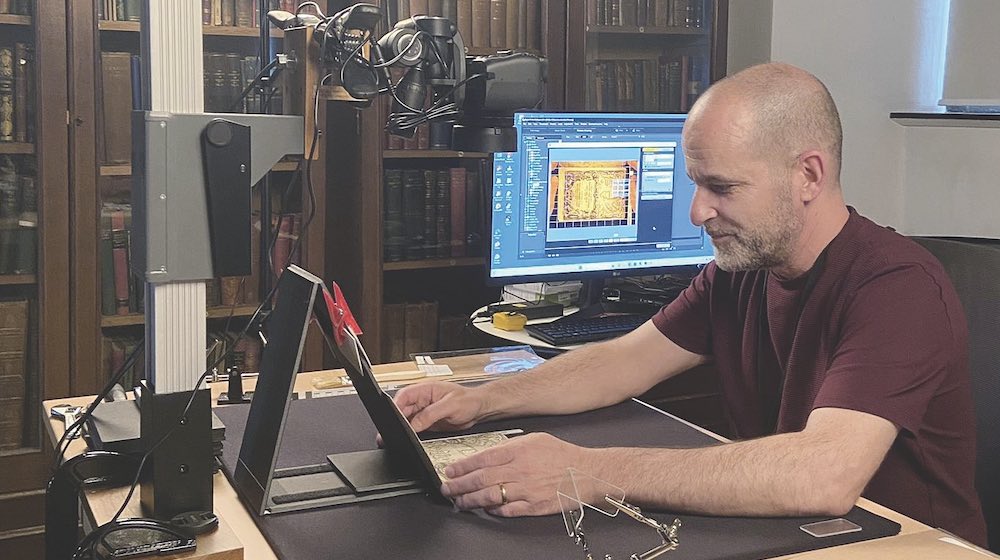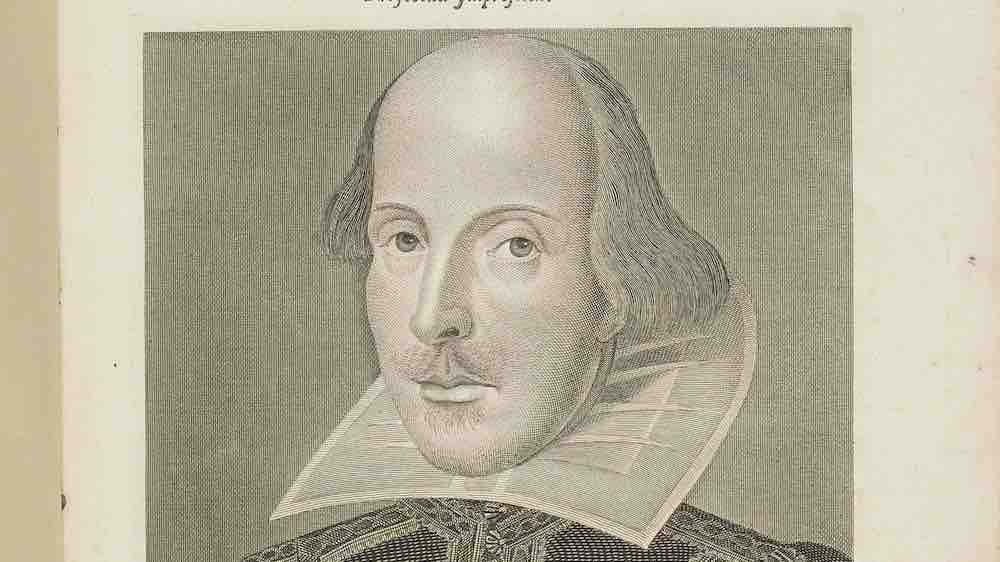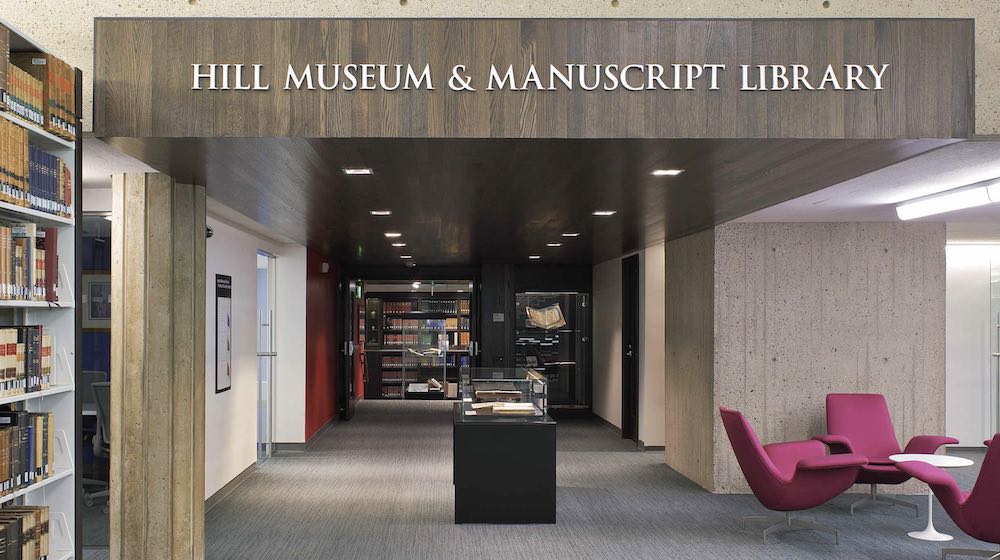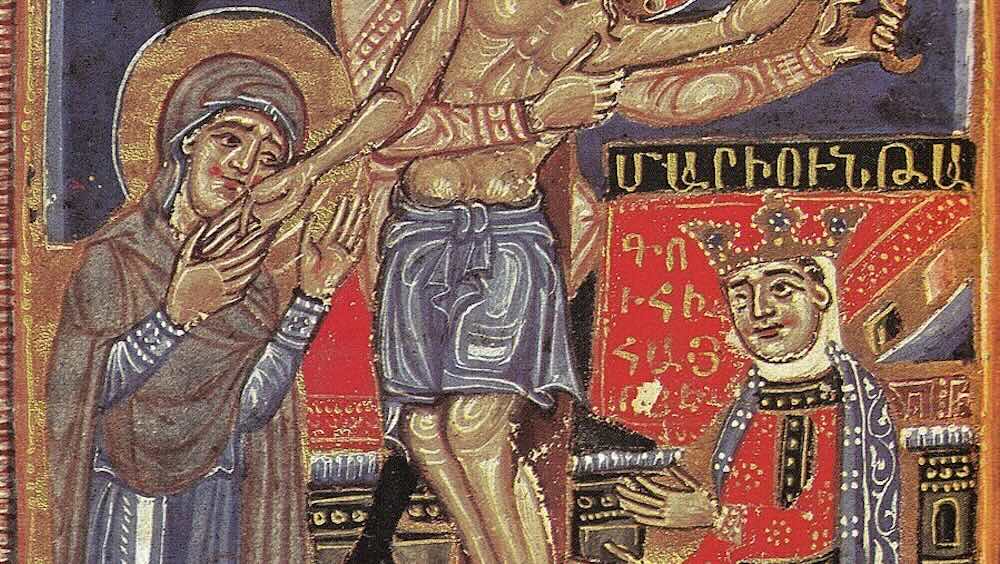Where We’re Working: Lucknow
Where We’re Working: Lucknow
January 9, 2024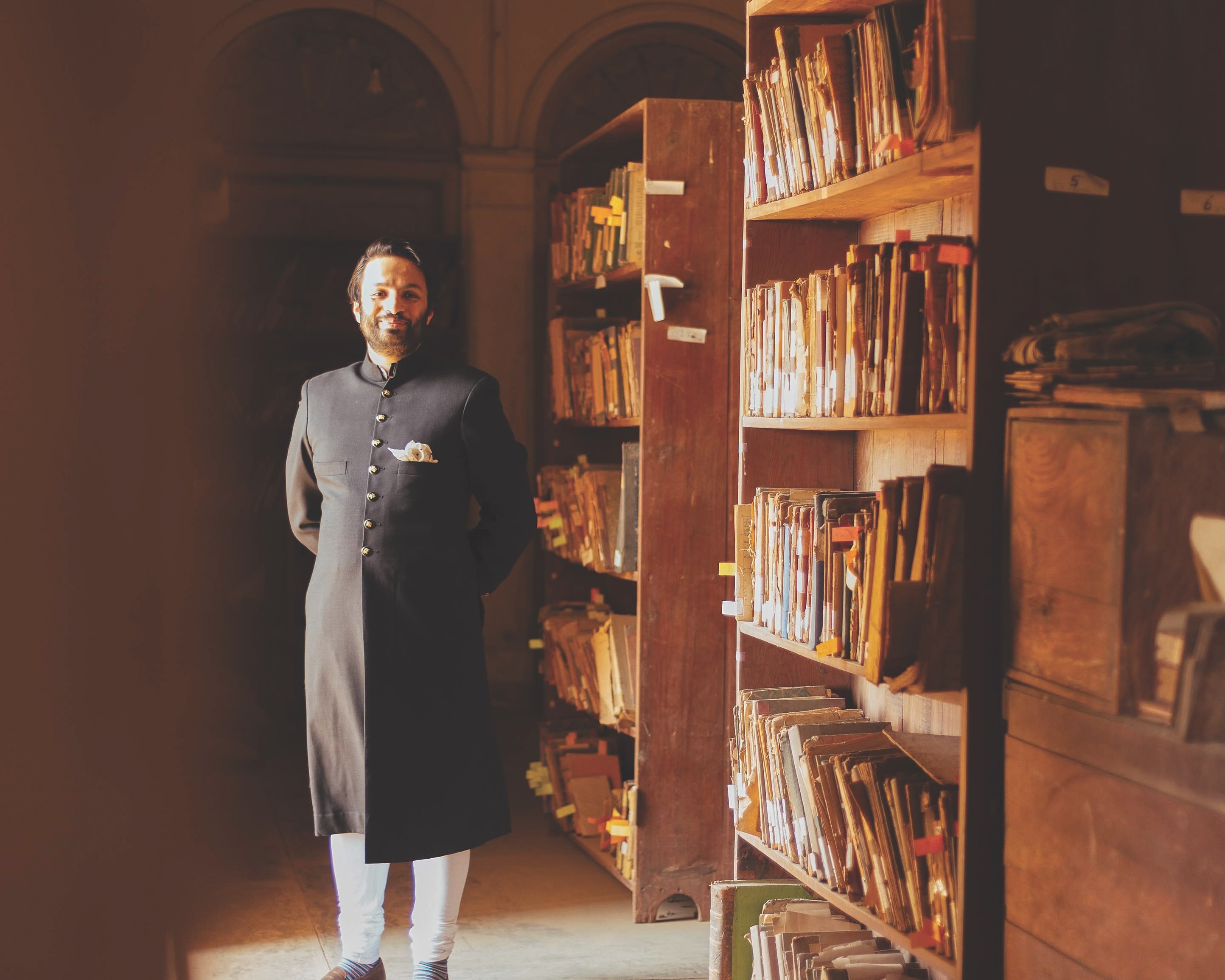
HMML’s preservation work in India began in 2008 with the manuscript collections of numerous Christian libraries in the southern state of Kerala. In 2018, HMML moved about 1,500 miles north, working in Uttar Pradesh with the Raja of Mahmudabad Palace Library in Lucknow.
Dr. Ali Khan Mahmudabad had long been interested in preserving and sharing his family’s diverse collection of manuscripts. As often happens, it took a fortuitous networking chain to connect him through Arthur Dudney of Arcadia Fund to Assistant Professor Matthew Miller of the University of Maryland (UMD) and eventually to HMML.
The Mahmudabad family can trace their ancestry back to the companions of the Prophet Muḥammad in Mecca and have resided in the Lucknow area since approximately the 14th century. Under Mughal and later British rule, they were one of the more prominent landowning families in the historic region of Awadh, their home to this day. Mohammad Amir Mohammad Khan, Ali Khan’s father and the latest holder of the Raja of Mahmudabad title, died in October 2023 at the age of 80.
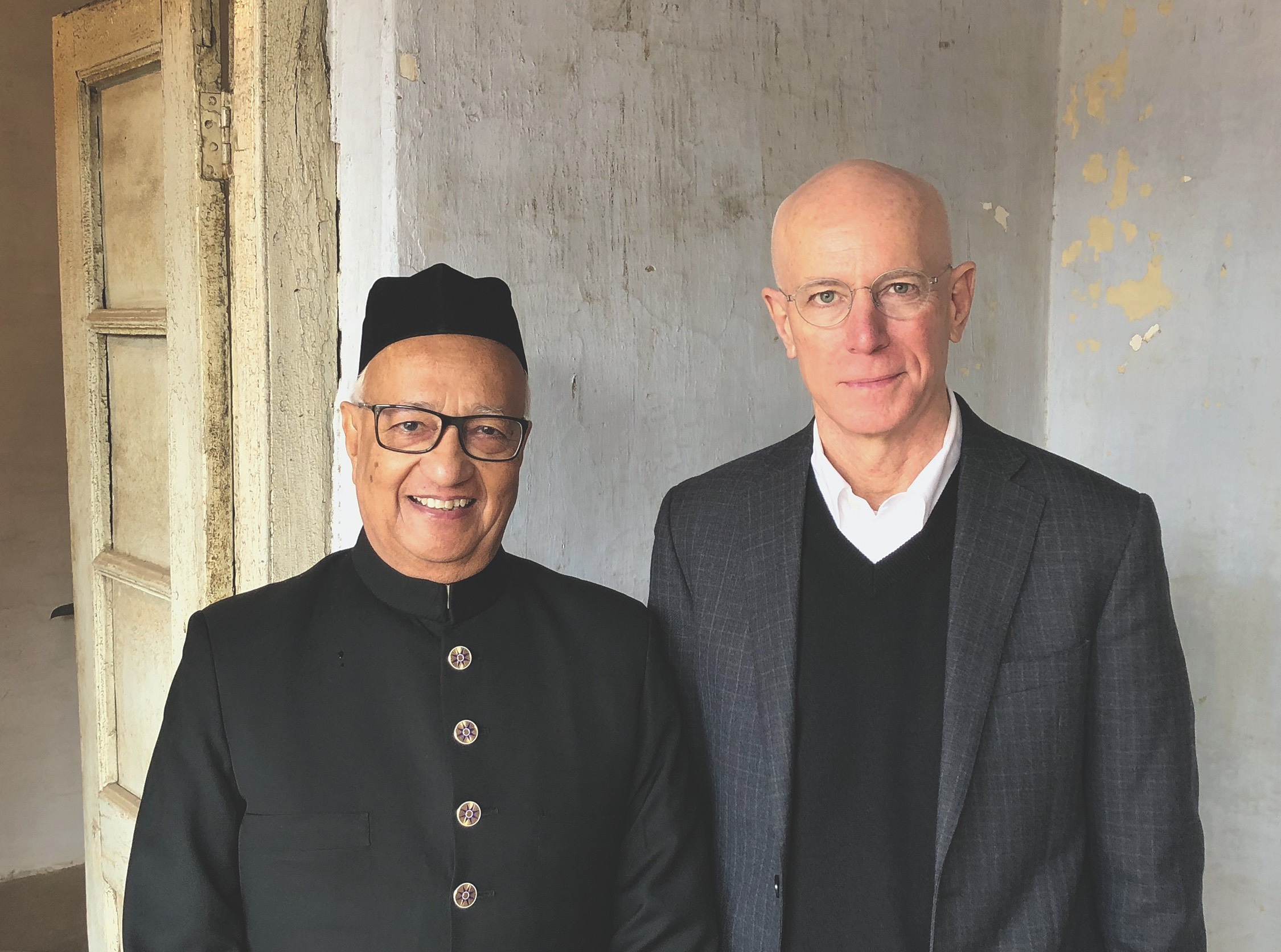
In recent years, the family has faced the sufferings of the Partition and the challenges of life in independent India, including a lengthy legal struggle to retain their family’s property. With the current nationalist turn of Indian politics, Muslims in India are subject to an increasingly restrictive environment, and the preservation of their cultural heritage grows more and more precarious.
To date, HMML has digitized more than 400 manuscripts in the Mahmudabad library, 175 of which are cataloged and can be viewed in HMML Reading Room under the project code MBAD. Work is ongoing, as the library contains about 2,000 manuscripts in total. The most common language in the collection is Persian, which long served as the literary and courtly language of South Asian Muslims. There are also numerous texts in the Islamic sacred language of Arabic and a significant number in Urdu, the vernacular of many Muslims across northern India and Pakistan.
The collection is especially valuable for the history of Awadh around the 19th century, addressing a variety of topics including controversies between Sunni and Shiʻi Muslims. The Mahmudabad family themselves have a Sunni history, but they converted to Shiʻism and maintain connections across sectarian and religious boundaries. Many sides of these theological conversations appear in the manuscripts alongside resources on local and global history, literary works, and a variety of other genres. Local authors of Lucknow are well represented, including many texts that would be difficult to locate beyond this library.
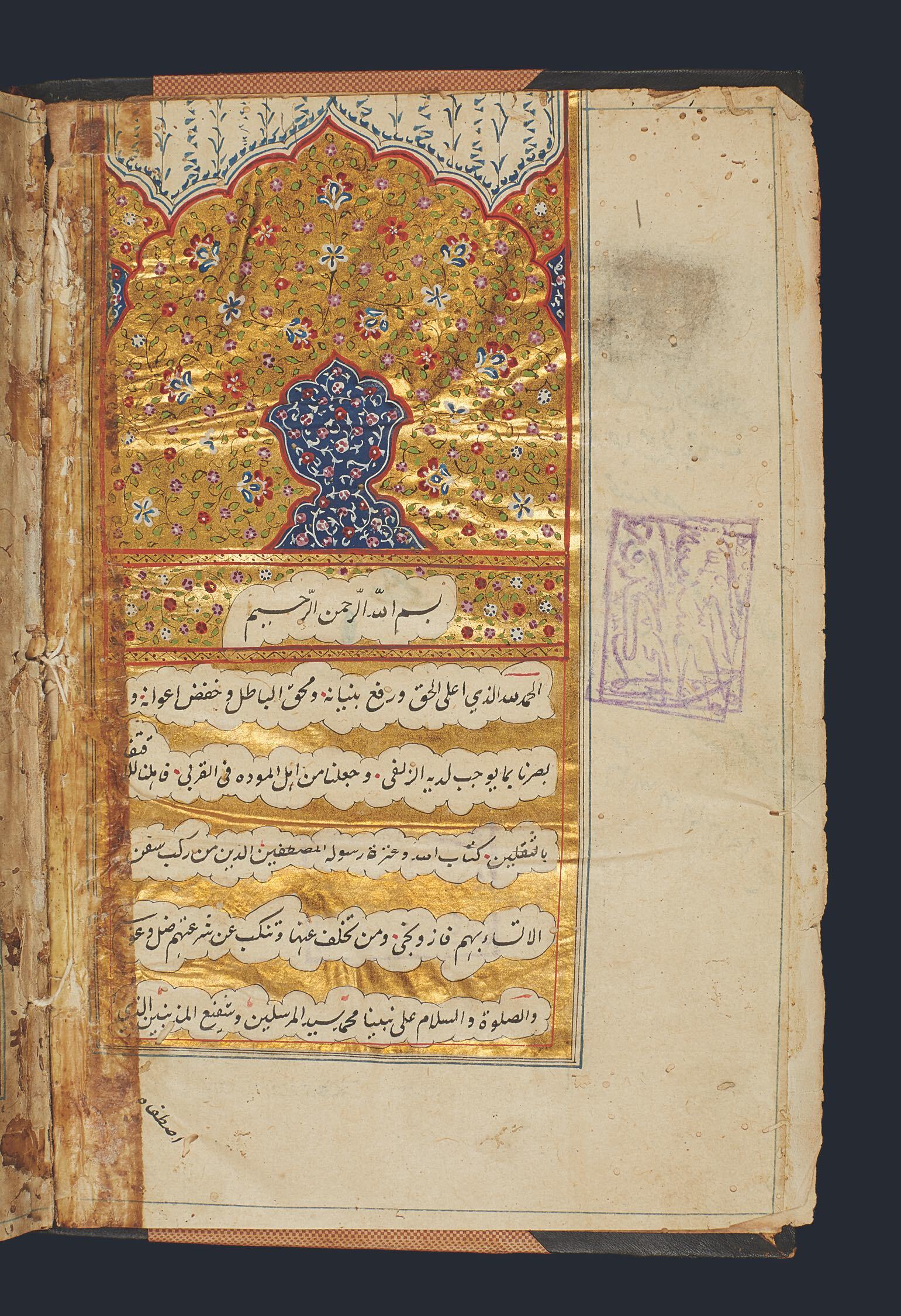
HMML’s partnership with the Mahmudabad library has provided a broader opening to preservation projects across South Asia. HMML Reading Room already has some images from the collection of Anjuman-i Taraqqī-yi Urdū (Organization for the Progress of Urdu) in Karachi, Pakistan, and numerous other projects in India and Pakistan are in their initial stages. Two HMML field representatives—Rohan Chauhan in India and Ahmad Atta in Pakistan—are helping find and facilitate contacts with repositories throughout the two countries.
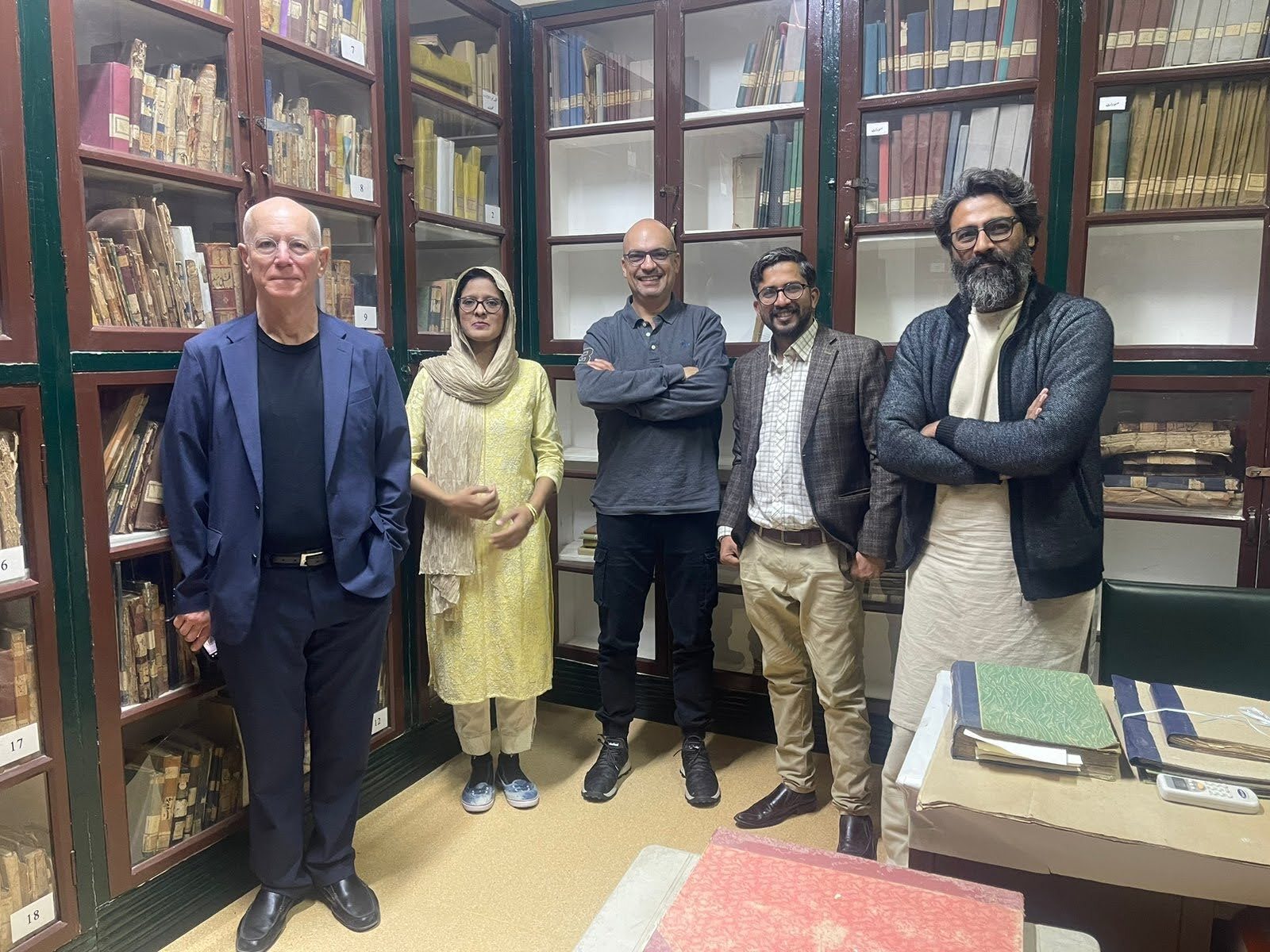
For Matthew Miller and his colleagues at UMD’s Roshan Institute for Persian Studies, the Mahmudabad manuscript images represent an important opportunity to develop software tools that can help researchers better understand the manuscript heritage of the Islamic world. Their Open Islamicate Texts Initiative (OpenITI) uses manuscript images from various sources, including many from HMML, to improve the quality of software designed to read handwritten text in Arabic script. This type of work has many potential benefits for researchers and catalogers in manuscript studies and beyond.
The manuscripts in Lucknow and other Islamic libraries in South Asia are separated from HMML’s earlier India projects by distance, by religion, and by language, but all are part of the endlessly rich mosaic of South Asian history and culture. HMML’s work enables these collections to be viewed side by side, facilitating a deeper understanding of the region’s diverse past and present.
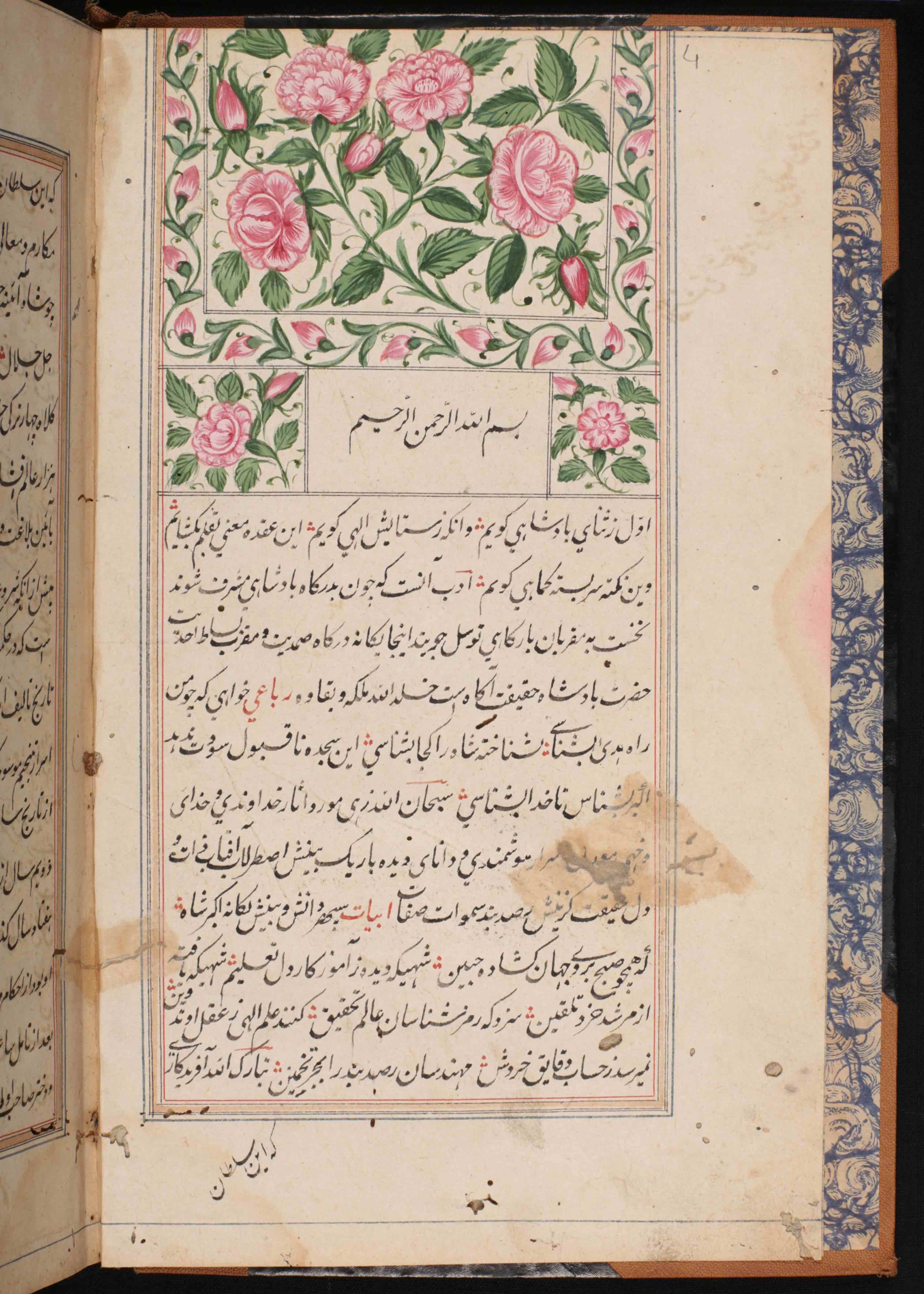
A version of this story originally appeared in the Winter 2023 issue of HMML Magazine.

